THE DISMAL STATE OF CLIMATE FICTION
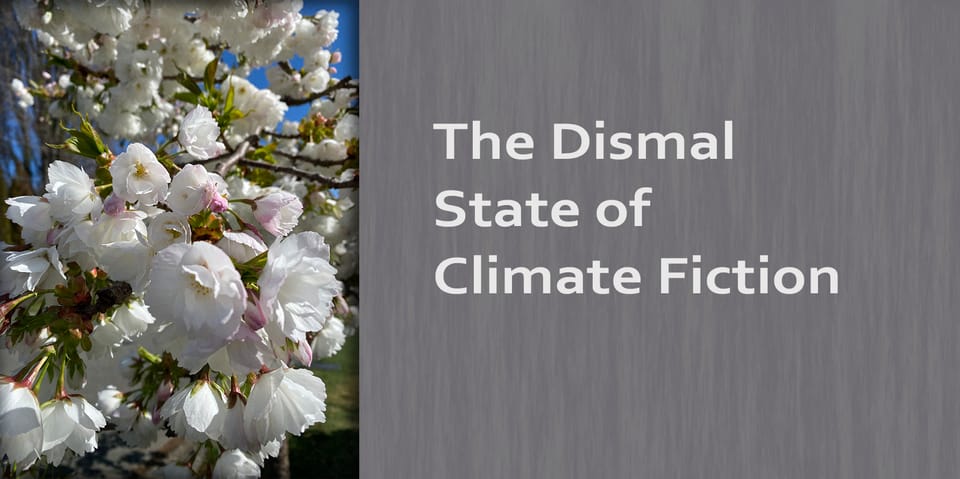
A few weeks ago, I stumbled upon an Aspen Institute event called Writing Our Way to a Brighter Climate Future. I scrolled through the recorded seminars and clicked on the one called Climate Fiction: Hot Stories, Cold Facts. I was hopeful I would hear something encouraging, perhaps find a good book to read. However, of the four authors on the panel, three had written books set against a flooded or polluted dystopian backdrop. All four books were focused on doomsday in some way. I had not read any of them.

I chose one book to sample their offerings. Lily Brooks-Dalton wrote The Light Pirate. I checked it out of the library and settled on the couch to read. After finishing, I felt sad to the bone. If I had not developed some inner-resilience, I would have been devastatingly depressed. The book should have come with a trigger warning: don’t read unless you want to have a gloomy day.
It's a well-written novel, though, and the main character, Wanda, is compelling, but it chronicles the decline and eventual collapse of the state of Florida because of climate breakdown. This all happens without pushback from anyone in the novel. Solutions are not tackled or even introduced. It’s just a slow-walk straight to disaster. The only “character” that comes out on top is nature, which seems wishful thinking that it could be so resilient. As sea level rises, I am not sure how these plant and animal species could successfully adapt because global heating comes on so fast.
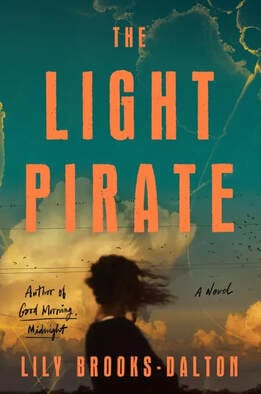
At the end of the novel, Wanda finds a nurturing group that have joined together to eke out a subsistence living. Perhaps Brooks-Dalton meant for this ending to be uplifting, but in reality, it’s pure prepper fantasy. A natural habitat can support humans only in limited numbers, otherwise we would strip it bare, so for humans to survive by living off the land (or in this case a swamp), a high percentage of us will have to die—there is a reason hunter-gathers lived in small tribes.
I don’t know about you, but reading stories set in a fictional time when most of us must perish is not where I want to take my imagination. Yet, this seems to be the dismal state of climate fiction today. It’s hard to find hopeful stories. So, my big question is: why are good writers who know their craft spending time on these dystopian stories? The answer is obvious. This is what other writers are doing, and these are the books being published and applauded in events like the Aspen Institute’s. It’s a shame because it can turn off readers to the whole genre.

The Aspen Institute’s Climate Fiction: Hot Stories, Cold Facts panel discussion addressed one of the major themes in all these books—climate grief. This is a very serious topic that we can't ignore. The future may involve great loss (and for some, that has already begun), but the severity of this loss is in our hands. We can embrace loss in our fiction, but we can also show that alternatives are there for us to reach for if we choose.
Maybe some readers like to be gripped by emotions that haunt them, dwelling on their fears by reading horror stories or sinking into the grim world of apocalypse. I am not one of them. I want to imagine overcoming the negative, pushing beyond fear, anxiety, anger, despair. Climate fiction can tackle all these emotions, but it can also show pathways through them.

Instead, of wallowing in climate dystopia to deal with anxiety and depression over the climate crisis, I recommend signing up for healthier alternatives such as a blog called Gen Dread, that “shares wide ranging ideas for supporting emotional health and psychological resilience in the climate and wider ecological crisis,” or look for support groups offered locally or online such as the Good Grief Network.
For entertainment, you can read books like mine that show active ways to cope. The EarthStar Solution, challenges lavish lifestyles and models constructive action in interesting ways through voter registration drives, door-to-door canvassing, riding e-bikes, and planting a bee garden.
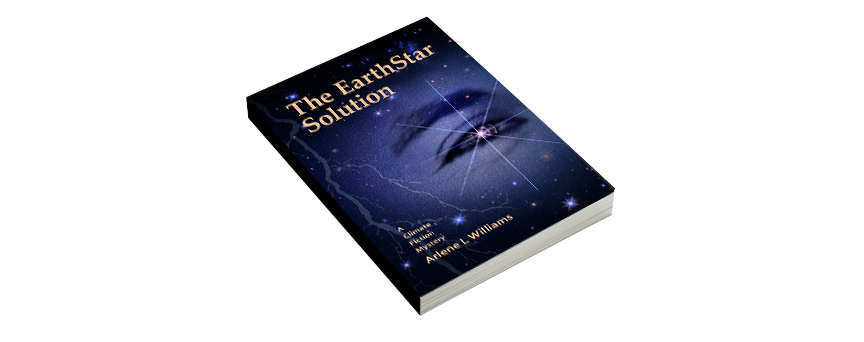
At the front of my paperback version, I have a quote from Jane Goodall:
Hope does not deny all the difficulty and all the danger that exists, but it is not stopped by them. There is a lot of darkness, but our actions create the light.
This is a recipe for great climate fiction, and as I write more books, I work to embrace this type of hope in my stories.
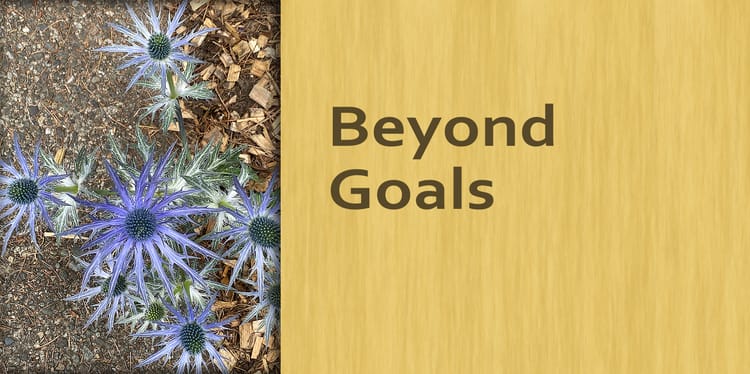
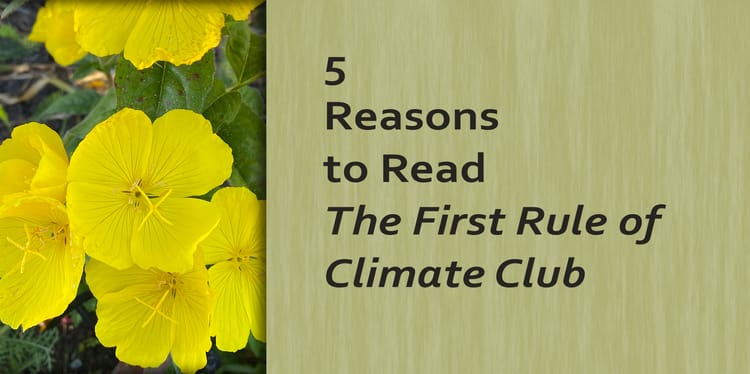
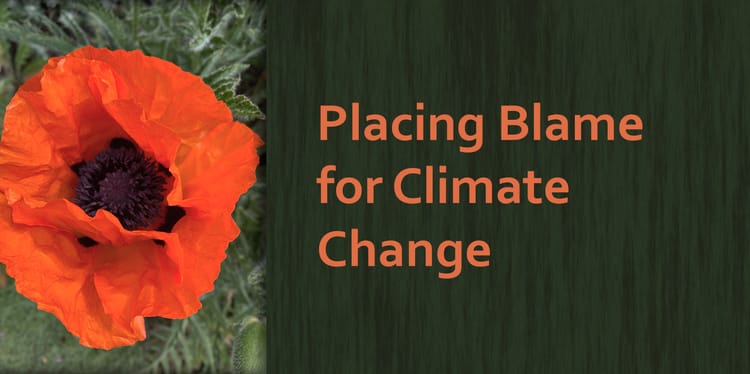
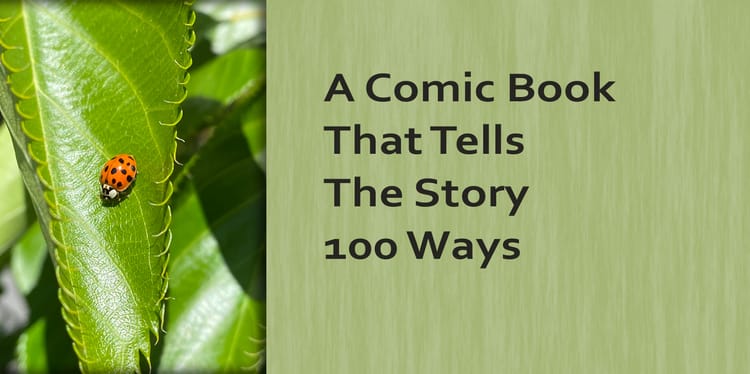

Member discussion